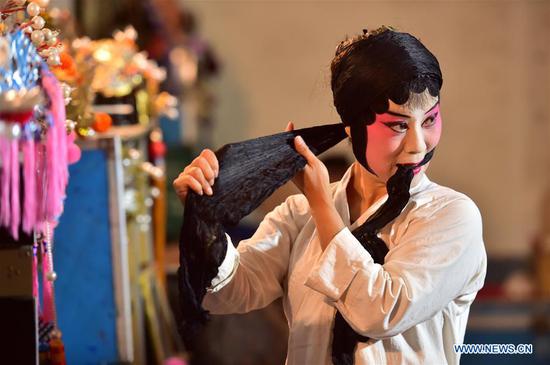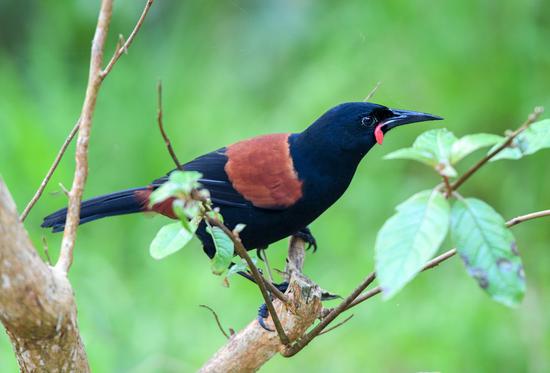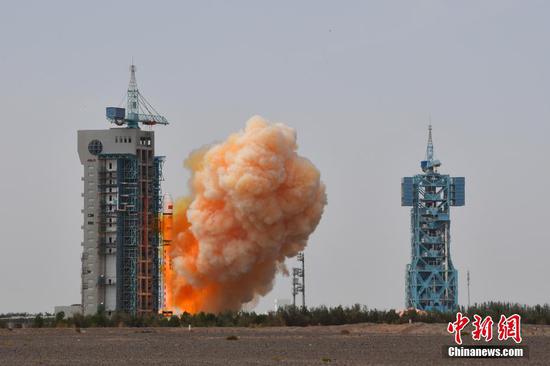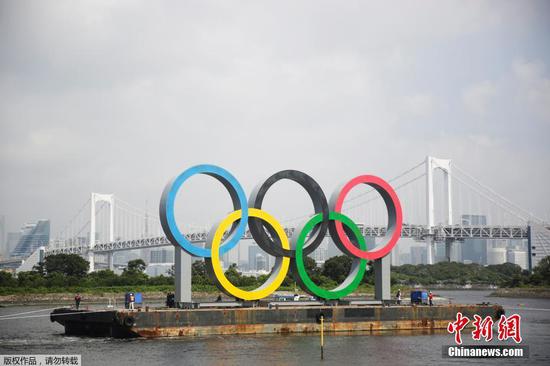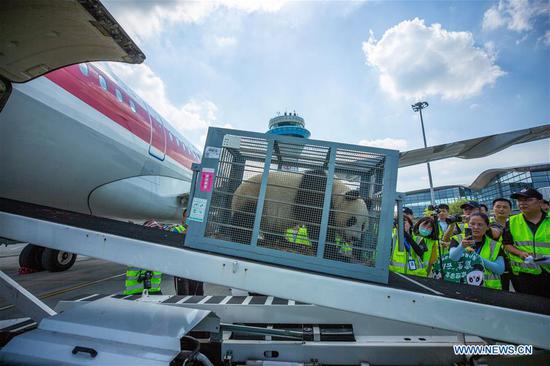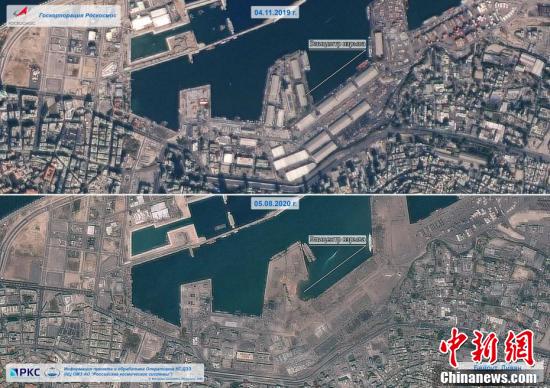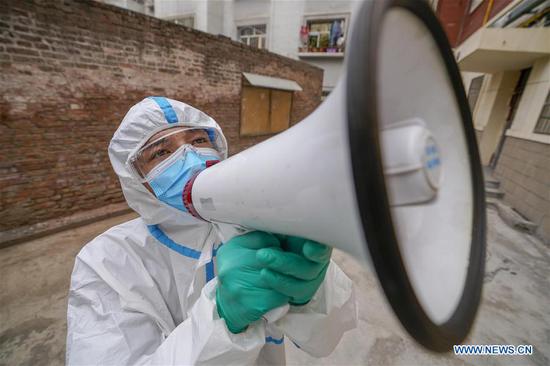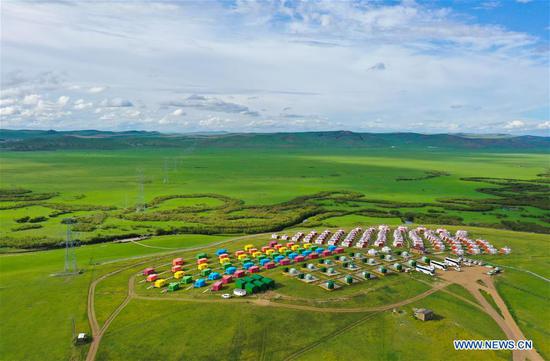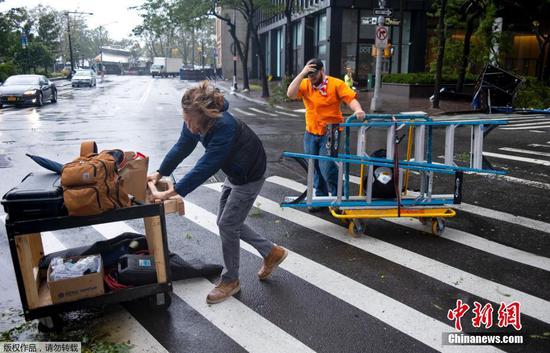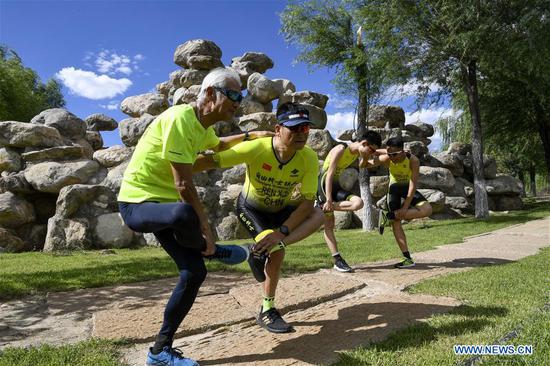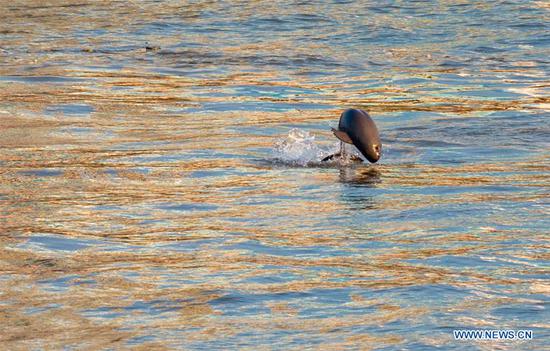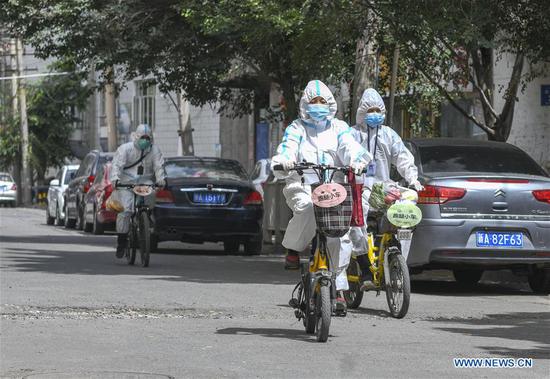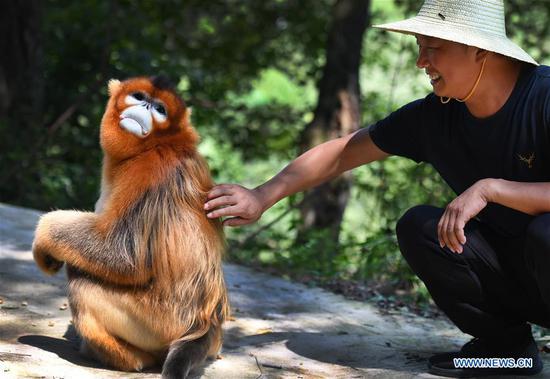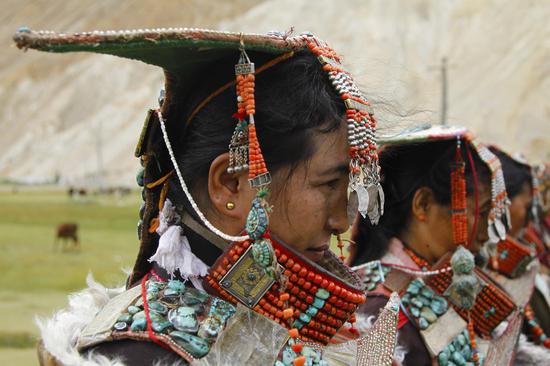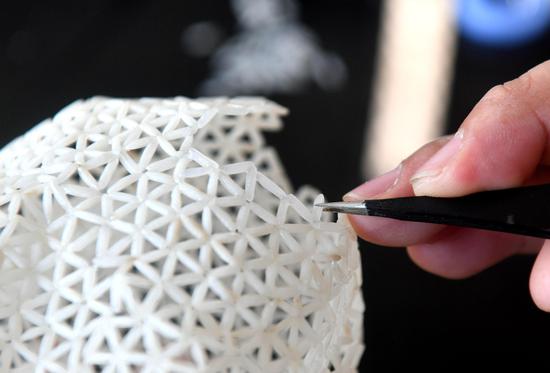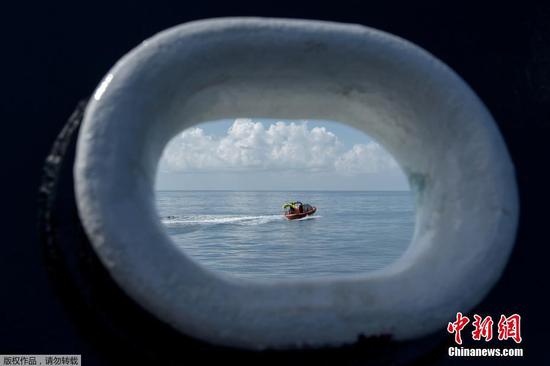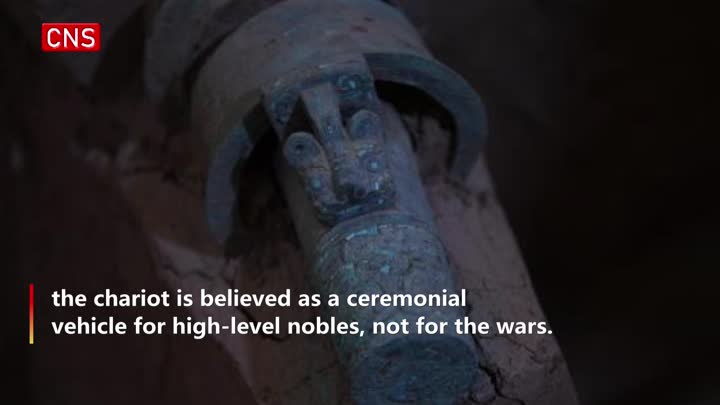The head of the World Health Organization on Thursday again called on the United States to reconsider its decision of pulling out of the global health agency, saying it is not the money involved that matters, but the lack of unity the move demonstrates.
Director-General Tedros Adhanom Ghebreyesus made the remarks while speaking during an online panel discussion with the U.S.-based Aspen Security Forum.
The White House formally notified the United Nations in early July of its decision to withdraw from the WHO. The process will take one year and go into effect next July.
Tedros expressed appreciation for nation's long-term generosity, support and leadership in global health.
"When the U.S. decided to withdraw, the problem is not about the money. It's not the financing issue. It's actually the relationship with the U.S. which is more important, and its leadership role," Tedros said.
He said "this dangerous enemy (COVID-19)" cannot be defeated "in a divided world".
"We need a united world," he said. "And a united world needs cooperation and solidarity among its major powers."
U.S. President Donald Trump and other senior officials have launched aggressive attacks against the WHO, accusing it of failing the pandemic response and having close ties with China. Those attacks have been widely viewed as a bid to deflect attention away from the U.S. government's failures in its pandemic response during a presidential election year.
Presumptive Democratic presidential nominee Joe Biden has said he will immediately reverse Trump's decision to withdraw, if he is elected.
"Americans are safer when America is engaged in strengthening global health. On my first day as President, I will rejoin the @WHO and restore our leadership on the world stage," he wrote in a tweet.
Tedros said that if there are issues with the WHO or the United Nations system at large, the organization is open for any evaluation and assessment, and countries can get to know the truth without leaving the organization.
"Now it's time to work together. Now it's time to focus on fighting the virus," he said.
The WHO had a briefing on Thursday with the missions of all member states, and Tedros said "the U.S. has been participating actively", adding that he hopes the relationship will return to normal.
In his opening remarks at the discussion, Tedros urged all leaders to choose the path of cooperation and act now to end the pandemic.
"It's not just the smart choice, it's the right choice and it's the only choice we have," he said.
Mike Ryan, executive director of the WHO Health Emergencies Program, expressed his appreciation of working with the U.S. Centers for Disease Control and Prevention over the years.
"The politics of these things will never shake the bonds that scientists have around the world, and the urge and the desire we have to work together to save lives," Ryan said.
Nicholas Burns, executive director of the Aspen Security Forum and a U.S. undersecretary of state for political affairs from 2005 to 2008, said the WHO is the only institution that can unite people during the pandemic.
He pointed out the need for the WHO to conduct structural reform after the pandemic is over.
"But we are in the middle of the pandemic. So, for the United States to leave and take its money with it is extraordinarily shortsighted and unwise, a major mistake by our country in my judgment," he said.
The U.S. was the biggest financial contributor to the WHO.
According to the WHO, the U.S. is the worst-hit nation by the pandemic in both the numbers of confirmed cases and deaths. The U.S., Brazil, and India combined now account for half of the total global cases of COVID-19.









